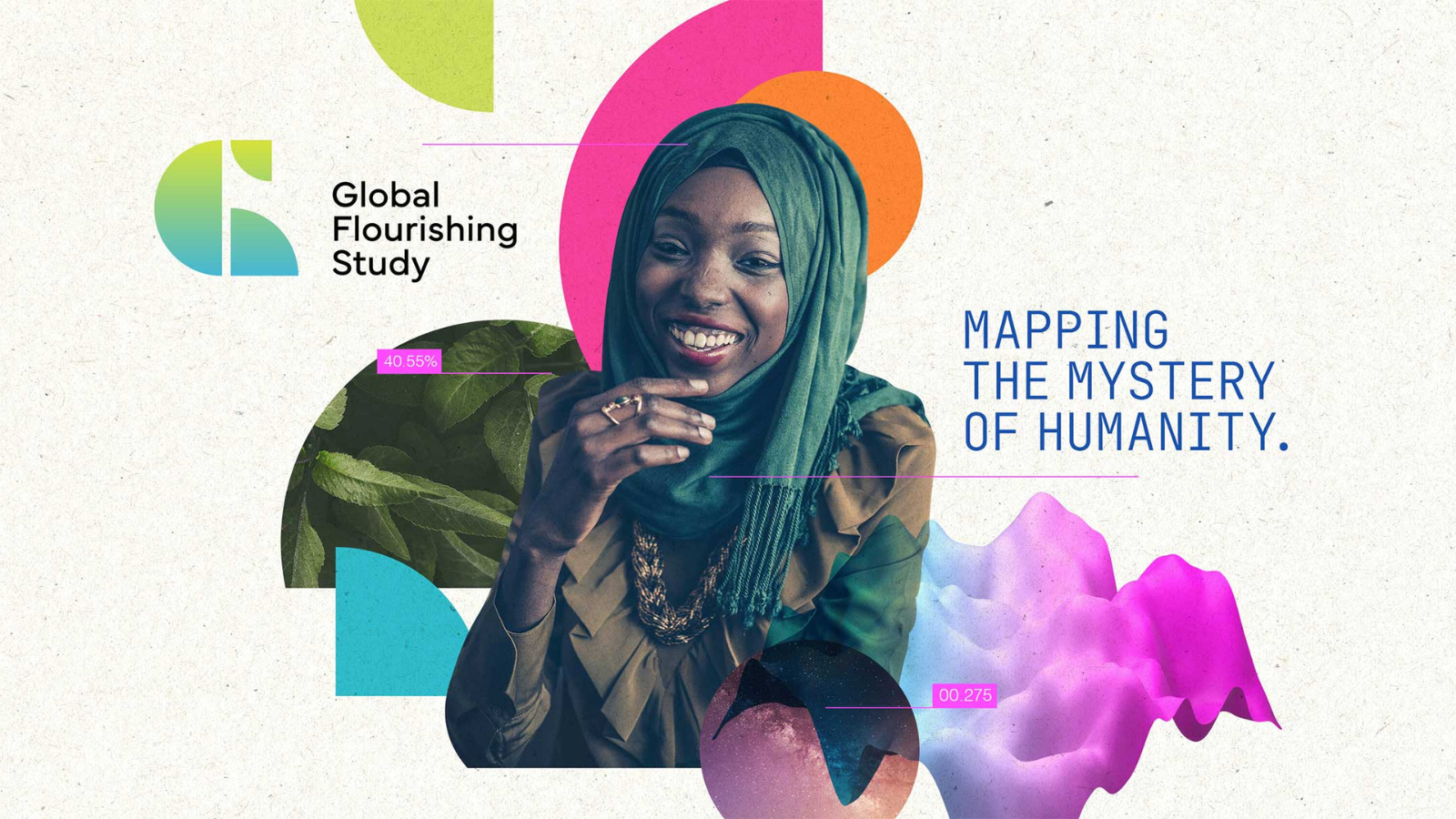
The wave one dataset from the Global Flourishing Study (GFS) initiative is now available to researchers.
The GFS, a partnership among researchers at Baylor University and Harvard University, Gallup, and the Center for Open Science (COS) is a five-year study of more than 200,000 individuals in over 20 countries. This groundbreaking initiative aims to measure global human flourishing across six key dimensions:
The GFS data is poised to become a valuable resource for researchers, journalists, policymakers, and educators worldwide, offering unprecedented insights into the factors contributing to individual and societal well-being. Data can be accessed through the Open Science Framework (OSF) - COS’s free, open source project management and collaboration tool that supports researchers throughout the entire research lifecycle. While previous studies have focused on tracking respondents within a single country over time, the GFS's extensive scope sets it apart as the largest study of its kind, promising to illuminate the complexities of human flourishing on a global scale.
“The Open Science Framework and the expertise of COS makes this possible,” said Dr. Huajin Wang, COS’s Director of Programs. “COS is thrilled to be stewarding the data access process and ensuring that everyone around the globe is able to access this unprecedented data.”
You can access GFS data in three ways:
For more information on GFS’s data access, visit: cos.io/gfs.

6218 Georgia Avenue NW, Suite #1, Unit 3189
Washington, DC 20011
Email: contact@cos.io

Unless otherwise noted, this site is licensed under a Creative Commons Attribution 4.0 International (CC BY 4.0) License.
Responsible stewards of your support
COS has earned top recognition from Charity Navigator and Candid (formerly GuideStar) for our financial transparency and accountability to our mission. COS and the OSF were also awarded SOC2 accreditation in 2023 after an independent assessment of our security and procedures by the American Institute of CPAs (AICPA).
We invite all of our sponsors, partners, and members of the community to learn more about how our organization operates, our impact, our financial performance, and our nonprofit status.